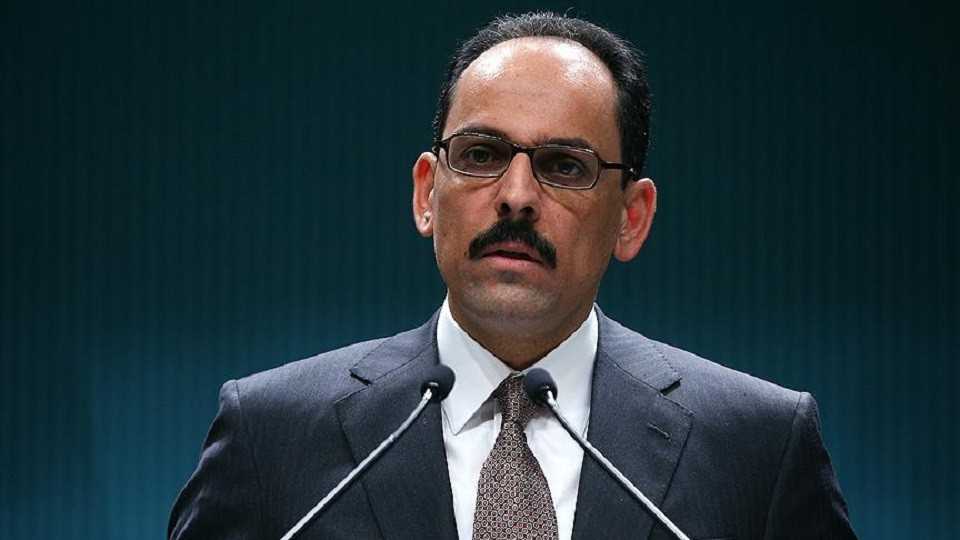
Turkey’s presidential spokesman Dr Ibrahim Kalin talked with TRT World’s Ali Mustafa about the upcoming referendum on April 16 in which 55 million Turkish citizens will vote to determine the country’s political future by deciding to either change to a presidential system or stick to the current semi-parliamentary system.
Why are these constitutional reforms needed at this stage?
Ibrahim Kalin: First of all, this is a result of our quest as a nation to strengthen our democracy and to grow our economy. This goes back to our past experiences where we’ve had weak coalition governments as a result of the current system.
These weak coalition governments laid the groundwork for military intervention or political crises which in the long run weakened the economy and created divisions within the society as well.
In fact, if you look at the structure of the current system, it is not a hundred percent parliamentary system, and the current system was partially devised after the 1960 and 1980 military coups.
The new proposed system gives the parliament unprecedented powers over the president. For example, according to the proposed amendment, the parliament will have a chance to investigate the president’s actions, and if there is an ongoing investigation against the president, they will not be able to pursue a second term. This establishes a strong system of checks and balances.
We’ve been travelling across Turkey over the past three weeks, and one criticism that was heard is that if Turkey switches to a “presidential system of governance” it will weaken accountability, and “checks and balances.” Is this fair criticism?
IK: No, it’s not a fair criticism, to the contrary the presidential system we propose will very clearly establish the separation of powers.
In the presidential system, we separate the legislative from the executive, the judiciary is already separate and independent.
Secondly, by giving the parliament a lot of power over the executive branch for checks and balances you create a situation where the president cannot enact laws that will contradict laws passed by the parliament.
And if there is a law or a presidential decree, if it contradicts any of the laws passed by the parliament and then that presidential decree becomes null and void.
The parliament can pass legislation to counter any presidential order that the president wishes to issue. Therefore, you have a robust system of checks and balances.
So, in fact, you have all these different mechanisms where the president will be checked by the parliament as well as by the constitutional court within the framework of the Turkish constitution.
When we asked people why they are voting in this referendum they said they aren’t voting for the system, they are voting on a one point agenda – Recep Tayyip Erdogan – why do you believe that “yes” and “no”, both sides, are basing their votes on this crucial systemic change on Recep Tayyip Erdogan?
IK: Well, I think there’s some truth to what you say, I think it shows the degree to which the “yes” voters have confidence in the leadership qualities of President Erdogan. And in the “no” camp, you have some criticisms, biases and prejudices towards the president.
But this is not about a person as our president has repeatedly said, this is about a system. This is not about a personality, this about a good form of governance.
So people perhaps tend to think more in concrete terms and that’s kind of understandable but this is not about Tayyip Erdogan as he said, we’re all mortals, God knows in ten, fifteen, twenty years you know we may not be around, but Turkey will remain, the Turkish republic will be around, the Turkish nation will be around.










Discussion about this post